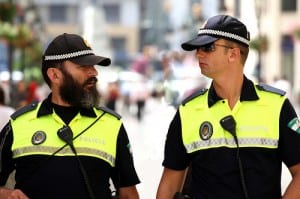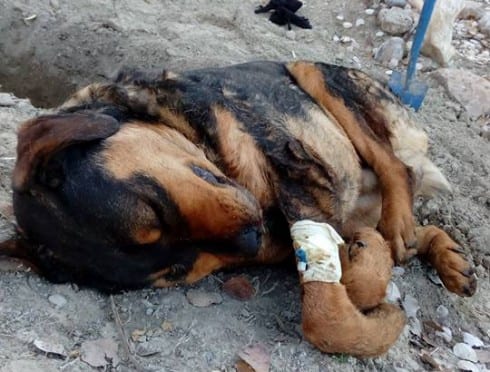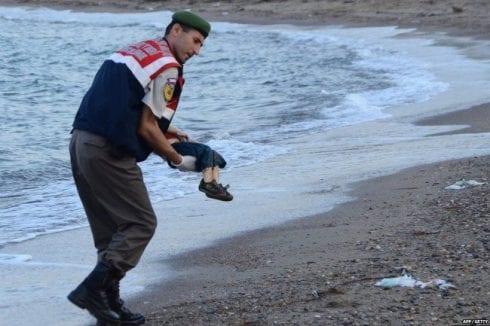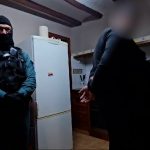 SPAIN’S federalization process has added layers and layers of bureaucracy to everyday living.
SPAIN’S federalization process has added layers and layers of bureaucracy to everyday living.
Currently, there are around 100,000 different laws, norms, decrees, statutes or ordinances and within them, 67,000 belong to the 17 regional communities.
Something similar, albeit on a manageable scale, happens with the diverse police forces; these organizations do not operate in the same areas and it is not altogether clear which one does what in the different regions of Spain.
There is Guardia Civil (of military nature), in charge of road traffic, arms and explosives, policing the coasts/territorial waters and drug smuggling therein, and environmental crimes.
The National Police (civil) deal with drug trafficking, organized financial crime, border controls and issuance of identity cards and passports.
In some areas of Spain, there are also regional police (“Mossos” in Catalonia or “Ertzaintza” in the Basque Country) and locally, Local Police patrol the towns and cities.
But this distribution is far from being clear cut and overlapping of functions is rife.
Here are a few examples: A few months ago, in Ceuta, a verbal public dispute erupted between the Lieutenant Colonel of the Guardia and the Chief of the National Police with both accusing each other of “trespassing” their duties.
It has also transpired that the case of the American pilgrim murdered in the “Camino de Santiago”, in 2015, could have been resolved months before had it not been for a local rivalry between the two main forces.
In the Basque country (2014), two dangerous criminals were freed after being detained for robbery despite having outstanding warrants for their imprisonment.
In Tenerife, following an argument on who was in charge members of the Local and National Polices almost came to blows at a fire scene.
And in Malaga, the investigation of domestic violence cases has been transferred from the local to the National Police and Guardia Civil, much to the anger of the former.
In some areas, the difference polices “join forces” in a most bizarre way: in a municipality in Asturias, Local Police will deal with surveillance and road traffic during the day, and the Guardia Civil at night.
Finally, to add more confusions emergency numbers also vary: There is 062 (Guardia Civil), 091 (National police) and 092 (Local Police) although the generic 112 is now the most widely used: a bit of common sense, at last.












Simple answer in the 21st century roll them all into one, never been a fan of continental multi layered police forces.
And yet they are the ones who have to arrest all the British criminals hidden in the Costa del Sol.
It seems the British police is totally unable to detain their own criminals in their own territory